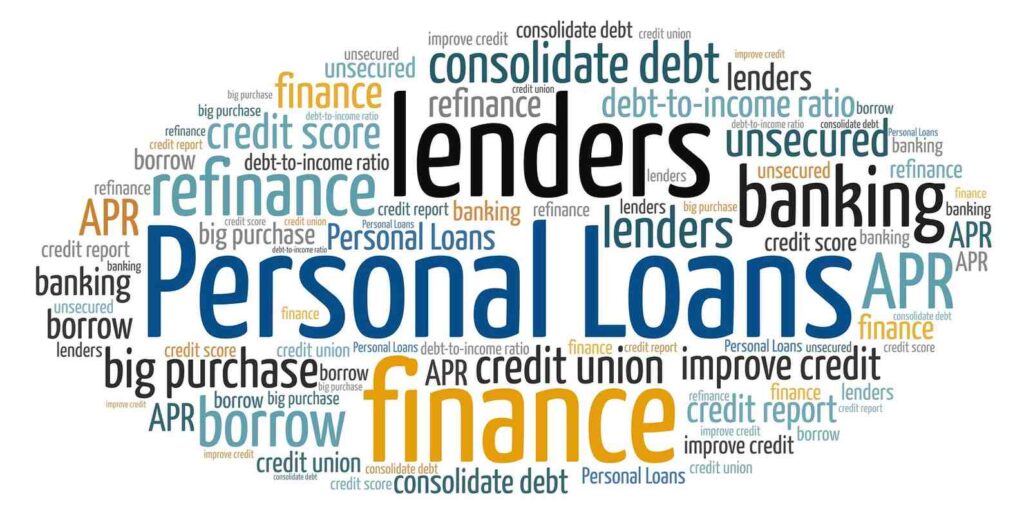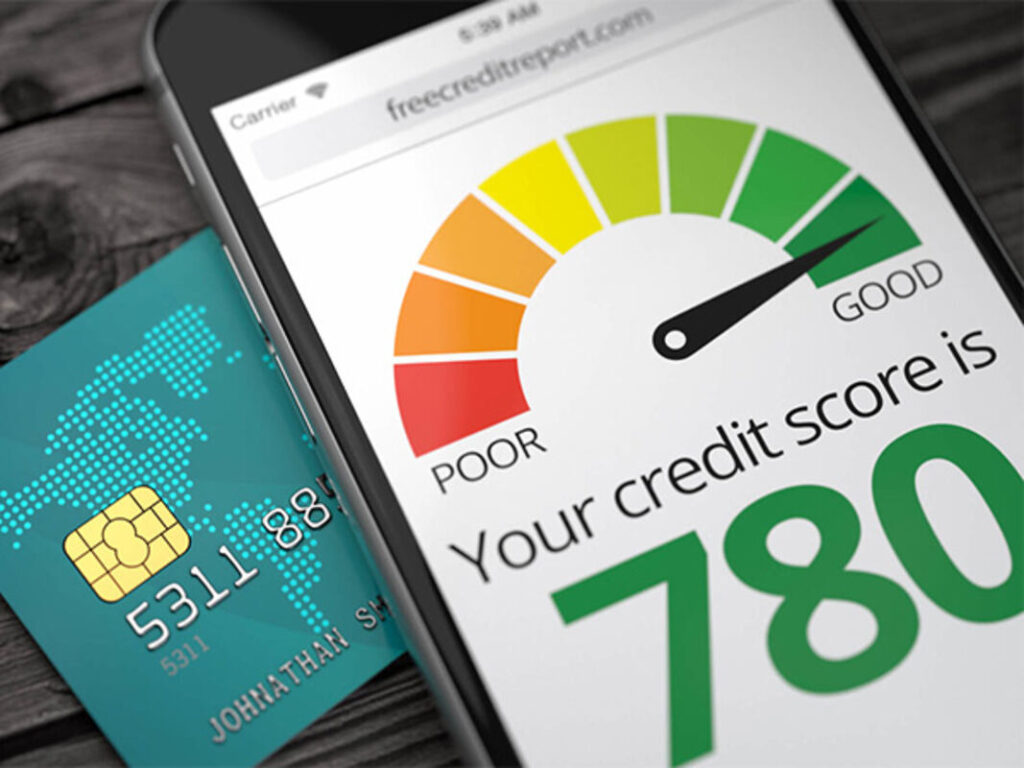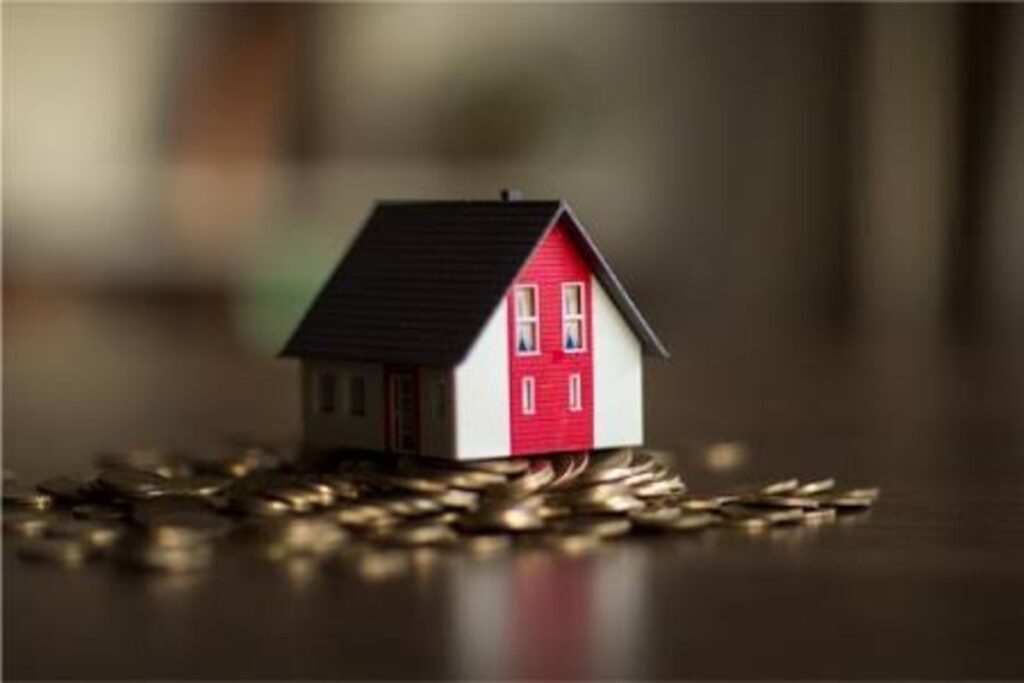In the adult adventures of life, we are pretty sure many people have at least once considered the possibility of using their personal loan to buy a house. Why pay hefty rates on a mortgage when you can apply for the more forgiving personal loans, they wonder? Generally, a loan to buy a house is called a mortgage.
Well, there’s a straightforward reason why there are not too many instances of personal loans and house purchases mixing well together. So far, in 2024, the median price of the average residential housing unit is roughly $422,600. Meanwhile, lenders only award between $1,000 and $100,000 on a personal loan application.
When to Consider Using a Personal Loan to Buy a Home
The just-concluded breakdown explains why folks seldom use personal loans to buy a house. However, don’t be fast to rule it off as impossible. If the primary goal is to put a roof over your head and you’re not choosy about the kind of accommodation, then maybe a personal loan could fund that project.

Indeed, the $100,000 cap of a personal loan cannot fund the purchase of a regular home. However, it should be just enough to purchase a mobile home or tiny house. Indeed, most lenders even shy away from funding mortgages less than $100,000. So, if any of those compact accommodations are your goal, financing it with a personal loan is the best bet.
ALSO READ: Personal Loan for Teachers: A Comprehensive Guide
6 Ways to Use a Personal Loan for Purchasing a Home
Yes, a personal loan is not enough to buy a regular home, nor can it be used as the sole source of a mortgage down payment. However, it could play other beneficial roles in a home purchase process.

1. Improves Your Credit Score Prior to a Mortgage Application
Credits with high interest rates, like credit card loans, can leave a conspicuous dent in your credit score. So, before submitting that mortgage application, you could use a personal loan to consolidate all your standing debt into a single monthly payment. When the debts are knocked off, the personal loan will have given your credit history a nice polishing.
2. Becomes an Avenue for Getting the Best Mortgage Deals Possible
Now that your credit history has received a shine, thanks to the debt consolidation payoff of a personal score, your credit score goes higher. The gist is that with a credit score higher than 739, you can get approval for a mortgage with relatively low interest rates. So, the repayment of your 30-year mortgage plan will not be particularly burdensome compared to deals offered to folks with a bad credit history.
3. For Refinancing Short-Term Loans and Improving Debt-to-Income Ratio
Like a low credit score, a high debt-to-income ratio may spell doom on the mortgage deal you aim to qualify for. So, you can opt to consolidate and refinance your standing debts with a personal loan. That means merging all loan payments into a single monthly payment and spreading it over a long period. Doing this reduces the monthly deductions from your coffers. However, before proceeding, you may need to use a personal loan calculator to determine how the refinancing may affect your interest rate.
4. Could Help You Avoid Monthly Mortgage Insurance
Whatever funds you can free up with the steps described earlier can go into savings to serve as a down payment for your home. With a down payment above 19%, you can sidestep monthly insurance.
5. Use a Secured Personal Loan as Part of Your Home Down Payment
If an asset like a car secures your personal loan, you could be accepted as part of the down payment for your home purchase.
6. Helps You Outdo a Bidder On Cash Payment for a House
Some homeowners sell their property for cash alone. You can outbid competitors by sourcing for the needed extra cash by applying for a personal loan. Usually, you can access the cash from a personal loan within two to three days.
Pros and Cons of Using a Personal Loan to Buy a House
Bad news first, right? So, we’ll assess the cons and then the pros.
Cons
- You cannot make tax deductions on the interest of a personal loan.
- Personal loans come with high originating fees.
- The payback time is usually short; this makes the monthly payments take a toll on your income.
- Rates on personal loans are usually higher than HELOC rates and rates on home equity loans.
- The high amount that goes to the monthly repayment of a personal loan is likely to affect your Debt-to-Income ratio.

Pros
- The approval duration of a personal loan is way shorter than a mortgage’s.
- Assets for collateral are unnecessary, so far the personal loan is unsecured.
- You can use it to improve your credit score when appropriate when offsetting credit card debts.
- Possibility of consolidating a personal loan with other funding sources to serve as a down payment for a home.
- It can serve as a monthly consolidated front for paying all outstanding debts.
ALSO READ: How to Transfer a Car Loan to Another Person
Is It Possible to Use a Personal Loan for a Down Payment?
On the surface, the answer is no. You cannot fund a down payment with a personal loan. However, if the personal loan is secured, it could count as part of your down payment.

It is important to note that both the personal loan and the other earmarked funds must be enough to knock off the down payment amount. In addition, you would need to provide evidence that the assets securing the personal loan in question are truly yours.
So, even if your personal loan to buy a house is not enough to purchase a regular house outright, it could be useful in a myriad of other ways.

